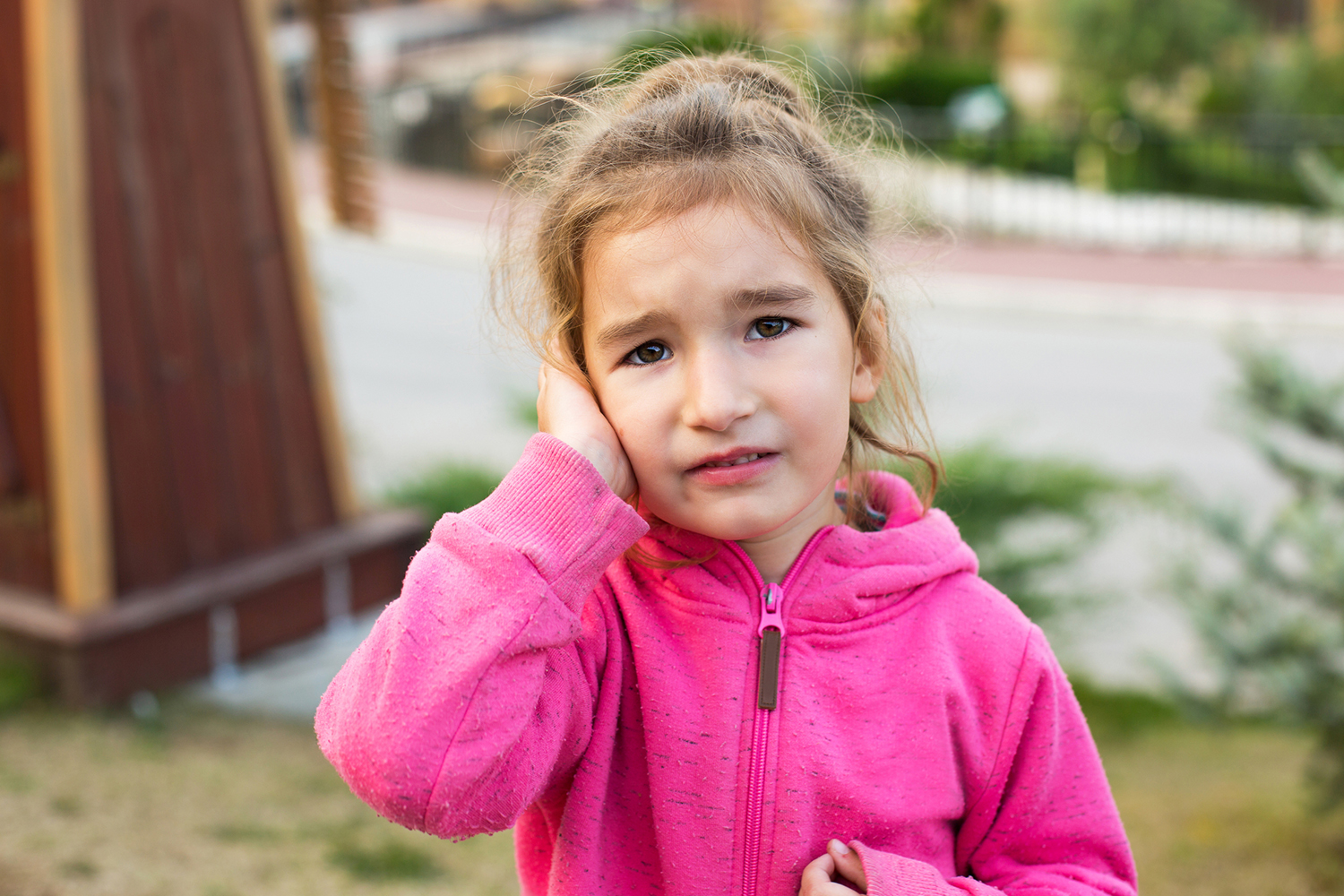Ask any parent who’s lived through a young child’s ear infection. You may hear a wish for a way to skip this scourge of early childhood that’s marked by pain, crying, irritability, and sleeplessness.
Acute otitis media, or ear infection, may come on suddenly when the narrow eustachian tubes, which connect the middle ear to the throat, swell and impede the flow of mucus out of the ear.
More common in children than adults, an ear infection may go away on its own, but physicians often prescribe antibiotics to speed the process along.
A better approach may be to ward off the condition altogether.
Preventing Ear Infections
While about 80 percent of otitis media infections in children clear without antibiotics, researchers continue to search for alternative preventives and treatments.
Be sure to discuss with a healthcare provider any supplements that you intend to introduce into your child’s diet.
-
Try Xylitol
This naturally occurring alternative to sugar “has been found in some studies to help prevent ear infections but not treat them,” according to Dana Sparks, writing on the Mayo Clinic News Network.
A Cochrane review of clinical trials found “quite convincing evidence on the potential benefit of xylitol” for reducing the risk of ear infection.
Sparks also noted that effectiveness depends upon high doses and that side effects include diarrhea and abdominal discomfort.
-
Use Probiotics
A literature review and meta-analysis of clinical trials found that the use of probiotics reduced instances of ear infection in healthy children if not in those who tended to suffer from recurrent infections.
This finding is corroborated by data drawn from the Japan Environment and Children’s Study, which found that “risk ratios for otitis media incidence decreased with higher frequencies of yogurt intake.”
-
Get Enough Vitamin D
Children with recurrent ear infections participated in a randomized clinical trial in which they received either vitamin D or a placebo.
Dosages of vitamin D that restored serum values of the vitamin were associated with a reduction in the risk of uncomplicated ear infections, according to the authors of the study published in Pediatric Infectious Disease Journal.
-
Feed Babies with Care
Staff at the Mayo Clinic suggest breast-feeding infants for the protective antibodies it provides.
Alternatively, a parent should hold a bottle-fed baby in an upright position while feeding, rather than allowing the baby to lie down.





